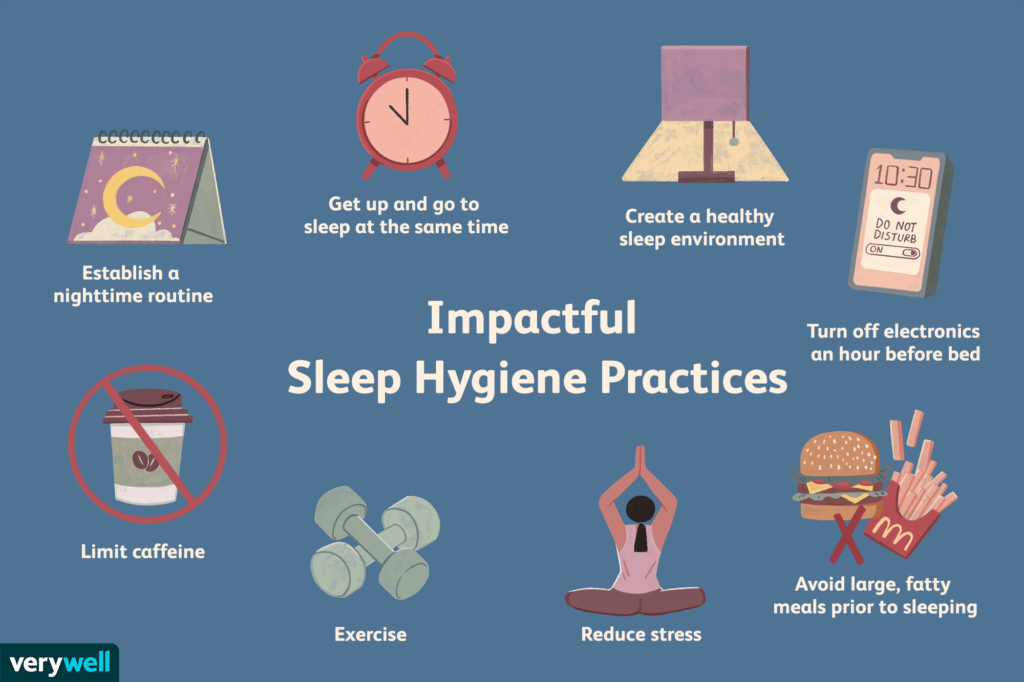Establishing a Sleep Routine for Babies: A Comprehensive Guide
Creating a consistent and healthy sleep routine is essential for babies to develop good sleep habits and ensure optimal rest and growth. Establishing a sleep routine involves setting regular sleep and wake times, creating a calming bedtime ritual, and providing a conducive sleep environment. In this comprehensive guide, we’ll explore effective strategies and tips for establishing a sleep routine for babies, addressing common challenges, and fostering healthy sleep habits from an early age.
Understanding the Importance of a Sleep Routine:

A sleep routine provides structure and predictability for babies, helping them learn when it’s time to sleep and when it’s time to wake up. A consistent sleep routine can regulate a baby’s internal clock, promote better sleep quality, and reduce bedtime resistance and nighttime awakenings. Additionally, a bedtime routine can be a special bonding time for parents and babies, fostering a sense of security and comfort.
Creating a Consistent Sleep Schedule:
Setting regular sleep and wake times is a cornerstone of a healthy sleep routine. Consistency is key, so aim to establish consistent sleep times for both naps and nighttime sleep. While newborns may have unpredictable sleep patterns, gradually introducing a regular sleep schedule can help babies develop more predictable sleep patterns as they grow older.
Developing a Bedtime Ritual:
A calming bedtime ritual signals to babies that it’s time to wind down and prepare for sleep. This ritual can include activities that promote relaxation and comfort, such as:
- Warm Bath: A warm bath can help babies relax their muscles and calm their minds before bedtime.
- Massage: Gentle massage with baby-safe oils can promote relaxation and soothe babies to sleep.
- Quiet Activities: Engaging in quiet activities such as reading a bedtime story or singing a lullaby can help babies transition from playtime to sleep time.
- Feeding: Whether breastfeeding or bottle-feeding, a quiet feeding session before bedtime can help babies feel full and content.
Creating a Sleep-Conducive Environment:
A sleep-friendly environment is essential for promoting restful sleep. Consider the following factors when creating a conducive sleep environment for your baby:
- Darkness: Dimming the lights and creating a dark sleep environment can signal to babies that it’s time to sleep.
- Temperature: Maintain a comfortable room temperature, neither too hot nor too cold, to promote better sleep quality.
- White Noise: Using white noise machines or fans can help drown out background noise and create a soothing sleep environment for babies.
Consistency is Key:
Consistency is crucial when establishing a sleep routine for babies. Stick to the same bedtime ritual and sleep schedule every night, even on weekends or during vacations. Consistency helps reinforce the association between bedtime cues and sleep, making it easier for babies to settle down and fall asleep.

Addressing Sleep Challenges:
It’s common for babies to experience sleep challenges, such as bedtime resistance, night waking, or difficulty falling asleep. If you encounter sleep challenges, consider the following strategies:
- Gradual Changes: Introduce changes to your baby’s sleep routine gradually to minimize disruption and resistance.
- Comfort and Reassurance: Provide comfort and reassurance to your baby if they wake up during the night. Offer a gentle touch, soothing words, or a quick check-in to reassure them that everything is okay.
- Seek Support: If sleep challenges persist or become overwhelming, seek support from pediatricians, sleep consultants, or parenting groups for guidance and advice.
Conclusion:
Establishing a sleep routine for babies is a gradual process that requires patience, consistency, and flexibility. By creating a consistent sleep schedule, developing a calming bedtime ritual, and providing a conducive sleep environment, parents can help their babies develop healthy sleep habits and ensure restful nights for the whole family. Remember that every baby is unique, so be responsive to your baby’s individual sleep needs and adjust your approach as needed. With time and practice, you can establish a sleep routine that works well for your baby and supports their overall well-being and development.

